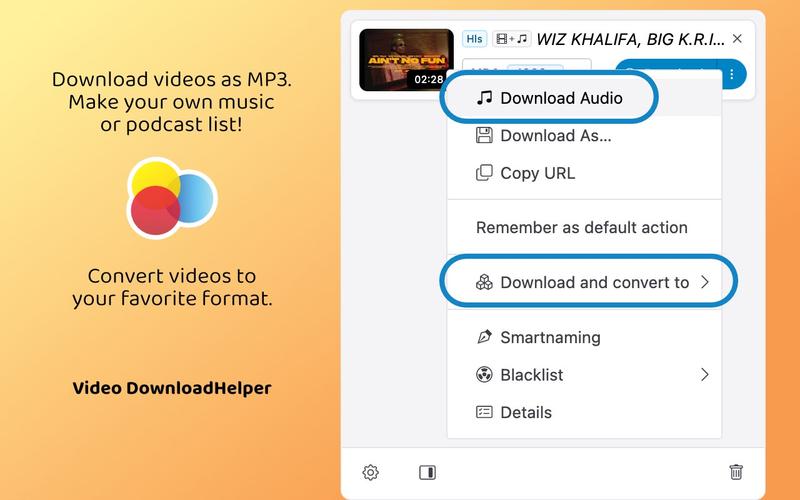
Apps that Require an ETH Node: A Comprehensive Guide
Decentralized applications (dApps) have become increasingly popular in the blockchain space, especially those built on the Ethereum network. One crucial component for these dApps to function effectively is the Ethereum node. In this article, we will delve into the various apps that require an ETH node, their functionalities, and how they contribute to the Ethereum ecosystem.
Understanding Ethereum Nodes
An Ethereum node is a piece of software that connects to the Ethereum network and maintains a copy of the entire blockchain. Nodes are essential for the network’s decentralization, as they help validate transactions and ensure the integrity of the blockchain. There are different types of Ethereum nodes, including full nodes, light nodes, and archive nodes, each serving a unique purpose.

Full Nodes
Full nodes are the most common type of Ethereum nodes. They store the entire blockchain and participate in the consensus process by validating transactions. Full nodes are crucial for maintaining the network’s decentralization and security. Some popular full node clients include Geth, Parity, and Nethermind.
Light Nodes
Light nodes, also known as stateless clients, do not store the entire blockchain. Instead, they rely on full nodes to provide them with the necessary data to interact with the Ethereum network. Light nodes are more resource-intensive than full nodes but are essential for mobile and web applications that require real-time interaction with the Ethereum network.
Archive Nodes
Archive nodes store the entire blockchain, including all transaction history and smart contract code. They are useful for developers who need to analyze the entire Ethereum network or for applications that require historical data. Some popular archive node clients include Infura and Alchemy.
Apps that Require an ETH Node
Now that we have a basic understanding of Ethereum nodes, let’s explore some of the apps that require an ETH node to function effectively.

1. Decentralized Exchanges (DEXs)
Decentralized exchanges are a popular use case for Ethereum nodes. DEXs like Uniswap, SushiSwap, and Curve Finance allow users to trade cryptocurrencies without relying on a centralized authority. These exchanges require an ETH node to validate transactions and ensure the security of the trading process.
2. Decentralized Finance (DeFi) Platforms
DeFi platforms, such as Aave, Compound, and MakerDAO, leverage Ethereum nodes to provide users with various financial services, including lending, borrowing, and earning interest. These platforms require an ETH node to execute smart contracts and facilitate transactions.
3. NFT Marketplaces
Non-fungible tokens (NFTs) have gained significant traction in the blockchain space, with marketplaces like OpenSea and Rarible enabling users to buy, sell, and trade unique digital assets. These marketplaces require an ETH node to validate transactions and ensure the authenticity of NFTs.
4. Smart Contract Development Tools
Developers who create smart contracts for the Ethereum network require an ETH node to test and deploy their contracts. Tools like Truffle, Hardhat, and Remix rely on Ethereum nodes to provide real-time feedback and ensure the correctness of smart contracts.
5. Analytics and Monitoring Tools
Analytics and monitoring tools, such as Etherscan, Glassnode, and Chainalysis, require an ETH node to provide users with real-time data and insights into the Ethereum network. These tools help users track transactions, monitor smart contracts, and analyze market trends.
6. Decentralized Autonomous Organizations (DAOs)
DAOs are decentralized organizations that operate through smart contracts on the Ethereum network. DAOs like The DAO and MakerDAO require an ETH node to facilitate voting, governance, and decision-making processes.
Conclusion
In conclusion, Ethereum nodes play a crucial role in the functioning of various dApps and contribute to the overall health of the Ethereum ecosystem. By understanding the different types of Ethereum nodes and their applications, you can better appreciate the importance of these nodes in the blockchain space.
| App Type | Functionality | Node Type Required |
|---|---|---|
| Decentralized Exchanges (DEXs) | Trade cryptocurrencies without a centralized authority | Full Node |
Decentral
Related Stories |




